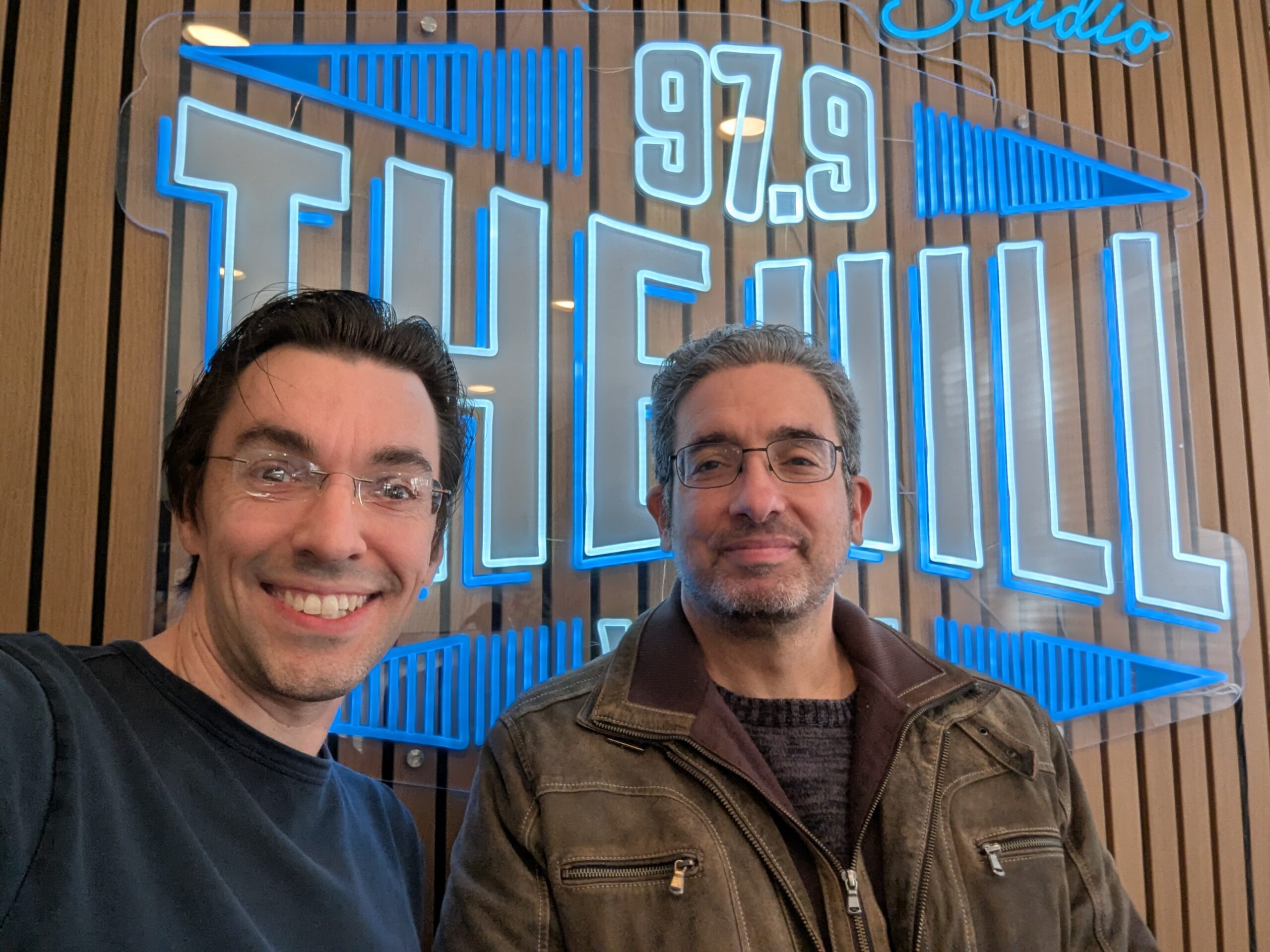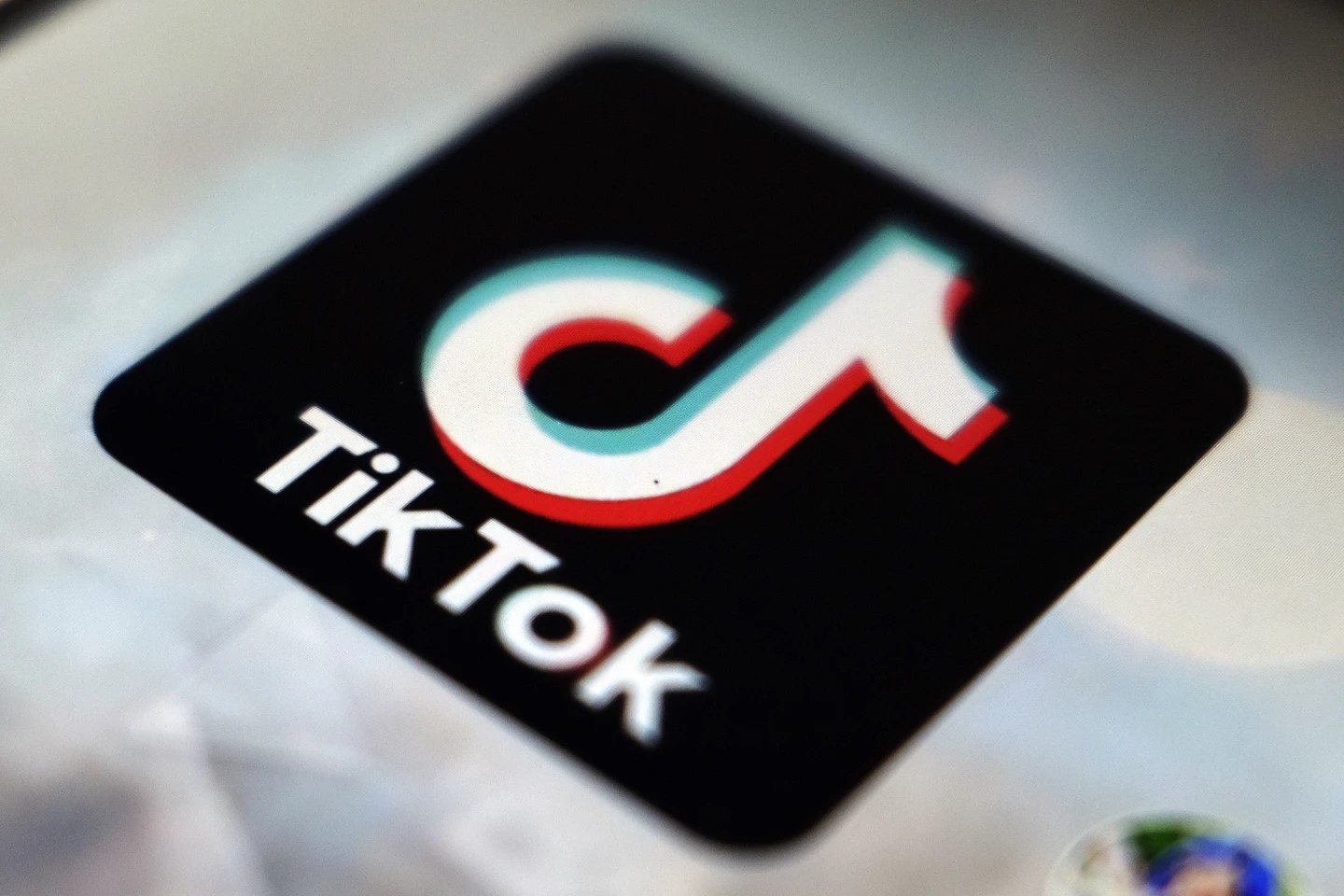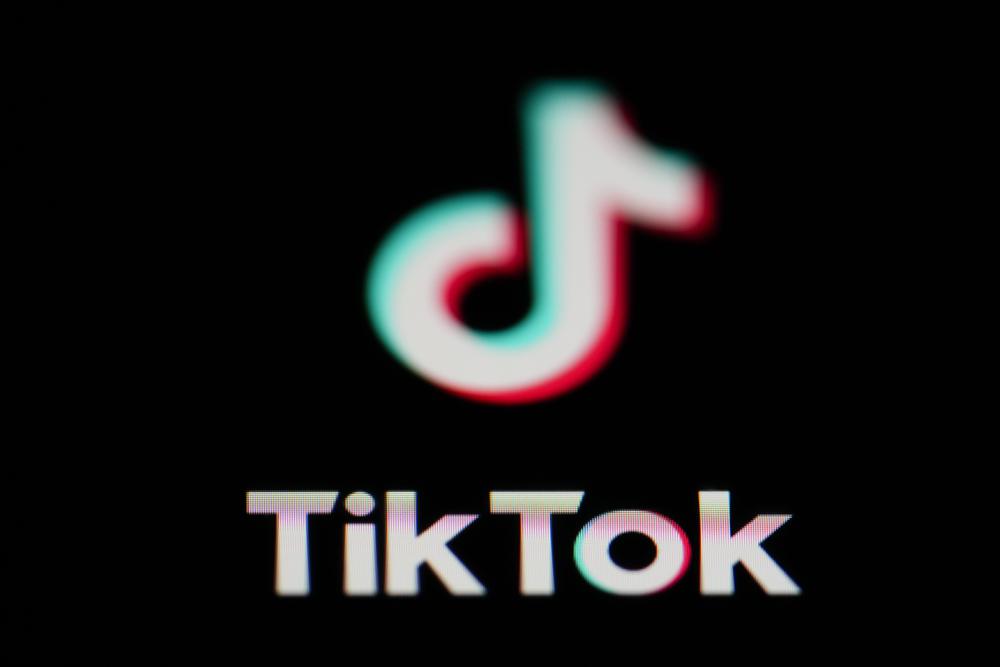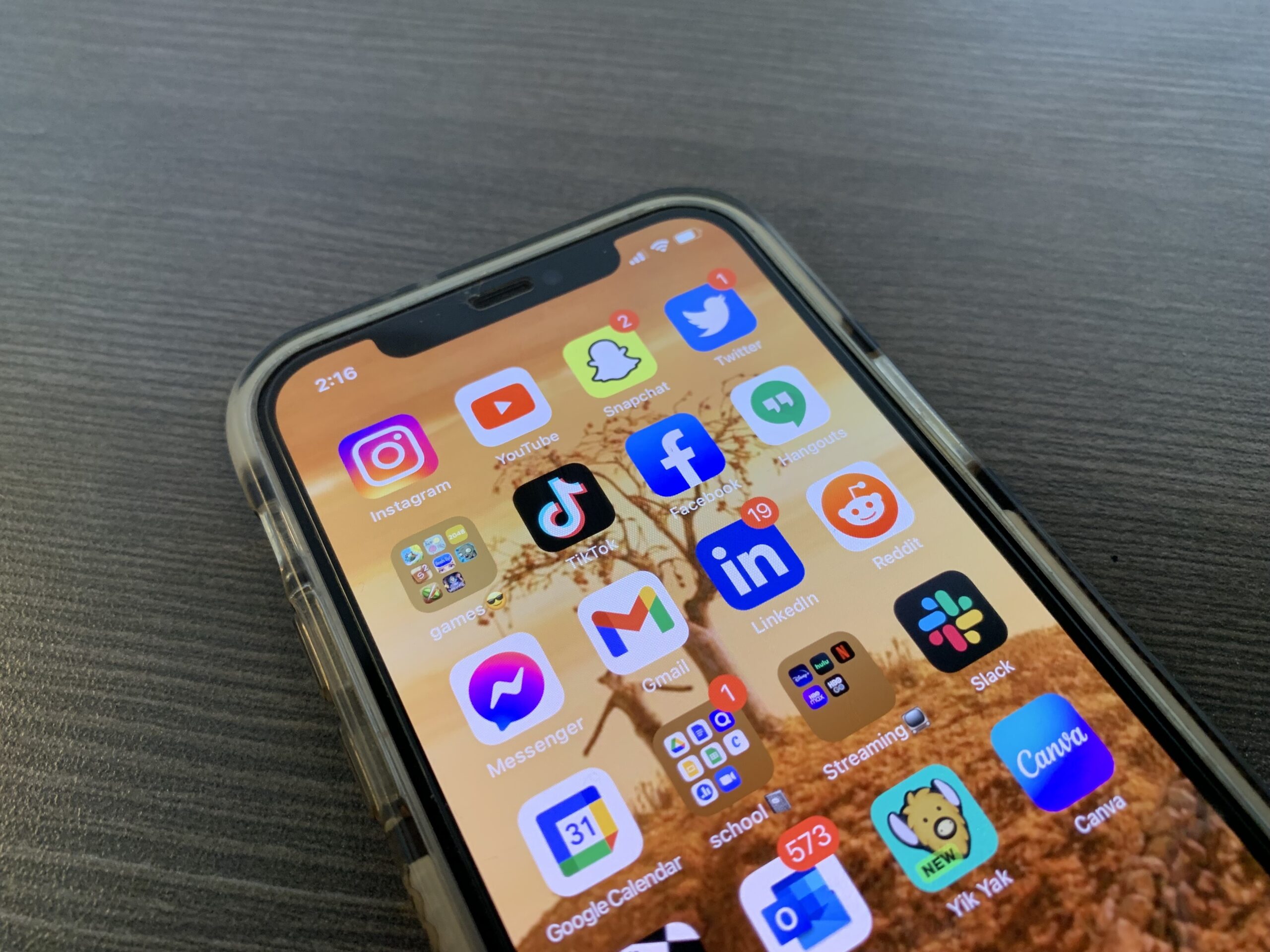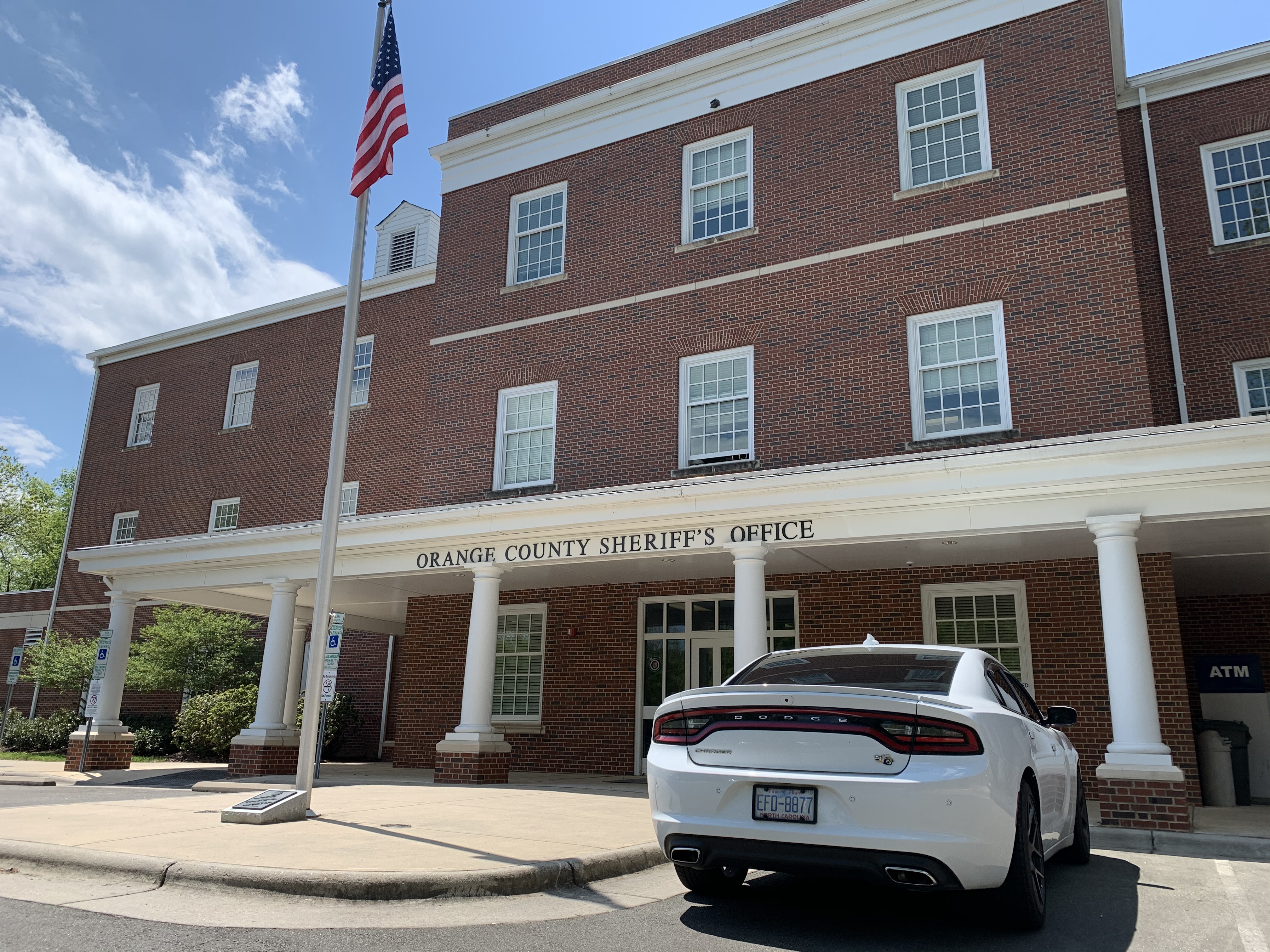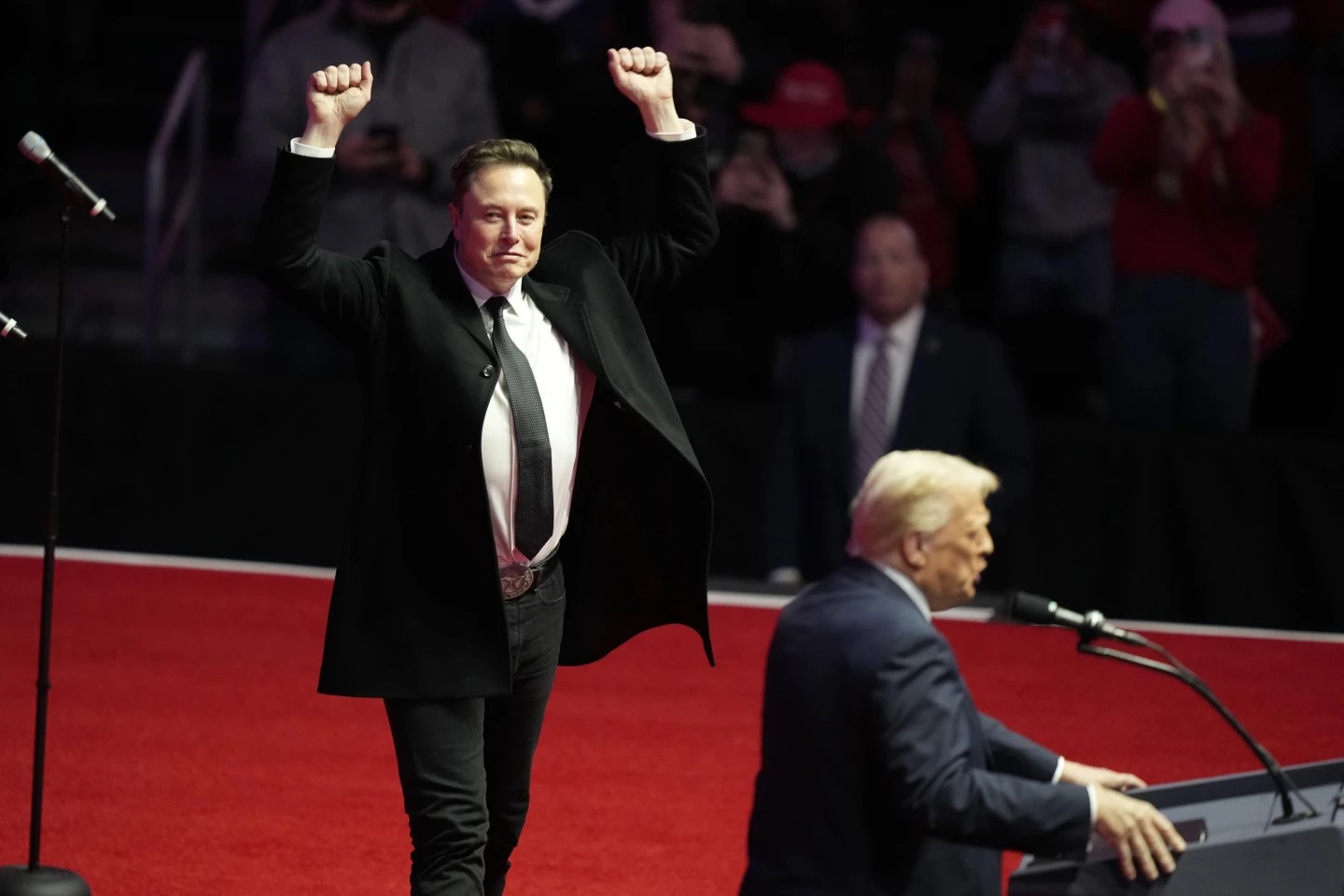Earlier this month, Meta CEO Mark Zuckerberg raised some concerns by announcing that Facebook and Instagram would end their fact-checking networks in favor of a user-driven “community notes” model akin to the one already used by Twitter/X.
Zuckerberg’s announcement drew a mixed reaction: praise from advocates for less-regulated speech on social media platforms, particularly people on the right who’d accused fact-checkers of political bias – but criticism and concern from advocates for democratic discourse, who’ve been raising alarms about the negative impact of misinformation and disinformation on American politics and society (not to mention the actions of government itself).
But what actually has been the impact of fact-checking on social media, or on American public discourse in general? Is the “community notes” model an improvement, or a step back? And in general, what’s the best way to promote free and open speech on social media without winding up stuck in a pit of fake stories and polarizing extremism?
97.9 The Hill’s Aaron Keck recently spoke with Philip Napoli, a professor of public policy at Duke University and the director of Duke’s DeWitt Wallace Center for Media and Democracy.
Click here to listen to their full conversation. The transcript below has been edited for clarity.
Aaron Keck: What are your initial thoughts when you heard the announcement from Meta?
Philip Napoli: Pretty disappointing, especially since my center is one of the primary academic support units for the whole fact-checking field in the U.S. My colleague Bill Adair started PolitiFact and worked with Facebook, in its early days, to help figure out how to deploy fact-checking on the site. And there’s a whole set of nonprofit fact-checking organizations that owe a lot, in terms of their existence, to the financial support Meta provided. So it’s going to probably lead to the disappearance of fact-checking – not only on on Meta’s platforms, but a lot of these fact-checking organizations may very well go away, and all the services they provide beyond the social media context will be lost as well.
Keck: What’s been the impact of fact checking, just in terms of discourse?
Napoli: That is a great question. The hope was always that fact checking would discipline the behaviors of our political leaders, and maybe discourage them from stretching the truth and lying. Unfortunately there’s not much evidence of that. But in the social media context, the system was really effective at limiting the spread of disinformation, limiting its reach, limiting the extent to which it was being amplified by the algorithmic systems.
Keck: How about Community Notes?
Napoli: Community Notes is interesting. You know, if (Community Notes and fact-checkers) were both operating simultaneously, that would probably be the ideal. But the way Community Notes works is that individual users enlist to be contributors – and if a post is tagged by a user as false, a member of the Community Notes team can evaluate it and provide clarifying information. But the way it works is that (a contributor) from each side of the political spectrum has to acknowledge that the clarification is useful. And in my understanding from research, it’s difficult – what a surprise! – to get folks on both sides of the political spectrum to agree that a particular clarification is necessary or useful.
Keck: Going back to what you said earlier: if (Meta’s decision) hurts financial support for fact-checking organizations, does fact checking just completely disappear, or are there other funding models? How do you see this going forward?
Napoli: I don’t think fact checking will completely disappear. We saw a similar moment with the general economic crisis affecting journalism, and philanthropy really, really stepped up. This is a moment, I think, for philanthropy to ask – and it’s not an easy question – “is fact checking something we need to invest more in, and make sure that it stays viable?”
Keck: Are you seeing movements in that direction yet?
Napoli: I don’t know yet. That’s a really good question.
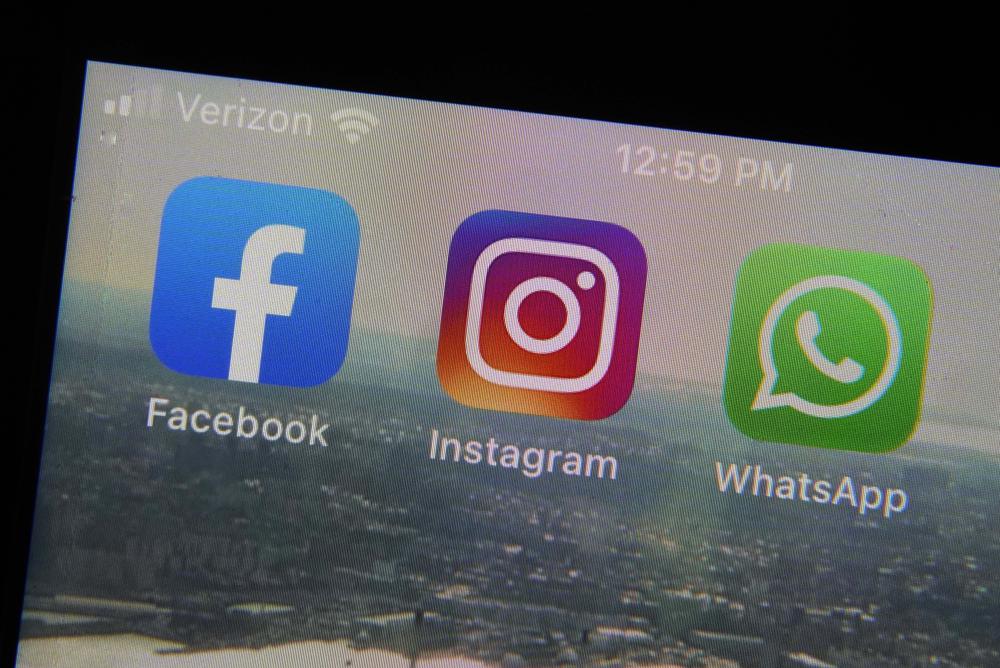
Mobile phone app logos for, from left, Facebook, Instagram and WhatsApp, which are all owned by Meta. (Photo via AP Photo/Richard Drew.)
Keck: I recently heard an interesting argument: that we should be less concerned about fact-checking and more concerned about the algorithm, the extent to which social media outlets are elevating very polarizing discourse to the top of everyone’s feeds. How concerned should we be about that, relative to fact checking?
Napoli: We should be very concerned. This was something that Mark Zuckerberg hinted at in his announcement, it’s gone a bit under the radar – but Facebook has also, according to anonymous insiders, altered the content moderation algorithm so it no longer prevents the amplification of misinformation. So they’re really just abandoning any kind of content moderation related to misinformation and disinformation.
Keck: All of that pretty clearly is either in collaboration with, or capitulating to, Donald Trump and folks on the right who’ve been pushing for that. How concerned should we be about that collaboration?
Napoli: The key word there is collaboration, (and) it is concerning. Another thing in Mark Zuckerberg’s announcement that I don’t think has gotten enough attention is that he says, very explicitly, ‘we plan on collaborating with the Trump administration to try to make sure that the model that we are adopting here in the U.S. is one that other countries around the world adopt.’ The European Union, for example, has some fairly rigorous requirements around content moderation – and (Zuckerberg’s) announcement presumably is directed particularly at the European Union.
Keck: How much of this is new? In the 1790s, James Madison ran up to New York City and brought Phil Freneau down to Philadelphia to start a newspaper that would push the Jeffersonian party line –
Napoli: We can think about William Randolph Hearst too. “You provide the pictures, I’ll provide the war.”
Keck: Exactly. This collaboration has been going on forever. So what’s new now, or what’s more concerning now?
Napoli: What’s new is the reach – and the micro-targeting. Mark Zuckerberg has the capacity to reach so many more people than William Randolph Hearst, and combined with that reach is the capacity to give each of us a customized feed of content that can exploit an incredible amount of knowledge about our backgrounds, preferences, and biases. It’s a perfect storm of reach and depth.
Keck: So with all of that in mind, what succeeds in moving the dial in a positive direction, when it comes to promoting democratic discourse that’s positive and open and free and fact-based and informative and thoughtful?
Napoli: That is a great question. Within the social media context, there’s a lot of folks working on that very question – and nobody has had the “aha” yet, as far as I know. There’s a colleague of mine at Duke who has something called the Polarization Lab, where he’s trying to develop bots that will promote and facilitate more civil discourse on social media – and he said all they’ve managed to achieve at the Polarization Lab is more polarization!
It is a really tricky nut to crack. I honestly think the trick is educating the next generation of social media users, really making digital literacy an integral part of how we teach citizenship and how we teach government, so the next generation of social media users has a very different sense of how they engage with it and what their expectations are. I’ve sort of written off most of the current generations – especially the Baby Boomers, who are an absolute disaster, so vulnerable to all the ways that platforms can manipulate people.
Keck: Are you optimistic or pessimistic?
Napoli: I’m feeling pretty pessimistic these days, unfortunately.
Chapelboro.com does not charge subscription fees, and you can directly support our efforts in local journalism here. Want more of what you see on Chapelboro? Let us bring free local news and community information to you by signing up for our newsletter.

